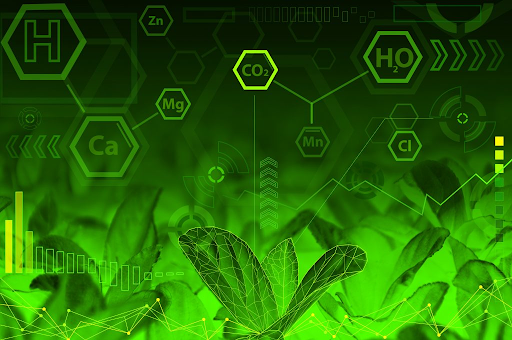
Transform Materials recently entered into a multi-year agreement with Denka for the development and installation of a facility that will establish an innovative, on-site solution using green chemistry. This will enable the production of acetylene without any CO2 emissions a first of its kind.
Denka, in alignment with Mission 2030, plans to invest 85 billion yen ($623 million USD) to achieve a 60 percent reduction in CO2 emissions compared to their 2013 levels. By engaging in a long-term partnership, Transform Materials is committed to helping Denka reduce its CO2 emissions associated with its manufacturing processes.
What is decarbonization?
Decarbonization refers to the process of reducing or eliminating carbon dioxide (CO2) emissions by transitioning away from the combustion of fossil fuels, such as coal, oil, and natural gas, which release significant amounts of CO2 when burned for energy. Instead, decarbonization aims to promote the use of renewable energy sources such as solar, wind, hydroelectric, and geothermal power which generate electricity without releasing CO2. By shifting to cleaner energy alternatives, decarbonization seeks to reduce the carbon footprint associated with energy production and consumption.
How do greenhouse gas emissions impact the environment?
Greenhouse gas emissions, such as carbon dioxide (CO2), have significant impacts on the environment. They contribute to global warming and climate change, resulting in rising temperatures, sea-level rise, extreme weather events, disruptions to ecosystems, ocean acidification, and negative health effects.
Mitigating these impacts requires reducing emissions through renewable energy adoption, energy efficiency, sustainable practices, and conservation. Adaptation measures are also needed to cope with the changes and build resilience in ecosystems and communities.
Why is decarbonization important?
By adopting decarbonization strategies, chemical companies can significantly reduce their carbon footprint and minimize their environmental impact, which is crucial to maintaining their competitive edge and meeting their customer demands.
These manufacturers often rely on carbon-intensive processes that contribute to greenhouse gas emissions, particularly carbon dioxide. Transform Materials can help others reduce their CO2 emissions with their decarbonization process.
What Transform Materials is doing to help
Transform Materials uses groundbreaking technology that harnesses microwave-generated plasma to produce acetylene and hydrogen from hydrocarbons, without generating any CO2. This innovative approach offers a substitute for legacy processes in the chemical industry that generate impurities and greenhouse gases. By eliminating CO2 emissions and minimizing impurities, Transform Materials contributes significantly to decarbonization efforts and reduces greenhouse gas emissions.
The company's technology enables the production of acetylene, a crucial chemical compound, in a cleaner and more sustainable manner. Unlike traditional methods that heavily depend on fossil fuels such as coal and oil, Transform Materials' approach uses lower-carbon natural gas as a feedstock. This transition to a lower-carbon energy source aligns with decarbonization goals and helps reduce the carbon footprint of the chemical industry.
Collaboration with chemical manufacturers and industry partners is vital for the widespread adoption of Transform Materials' technology. By partnering with these stakeholders, the company can facilitate the integration of its CO2-free acetylene production method into existing operations, fostering a cleaner and more sustainable approach to chemical manufacturing.
In a world grappling with the challenges of climate change, Transform Materials is leading the way toward a cleaner and greener future for the chemical industry. Through its groundbreaking technology, the company is revolutionizing the production of acetylene and hydrogen without a trace of CO2 emissions. This breakthrough not only sets a new standard for sustainable chemistry but also offers a viable solution for reducing greenhouse gas emissions.
Transform Materials is committed to helping chemical manufacturers achieve their critical CO2 reduction goals. Its partnership with Denka is a testament to the importance of decarbonization for these manufacturers as they strive to minimize their environmental impact and meet the demands of a rapidly changing world.









